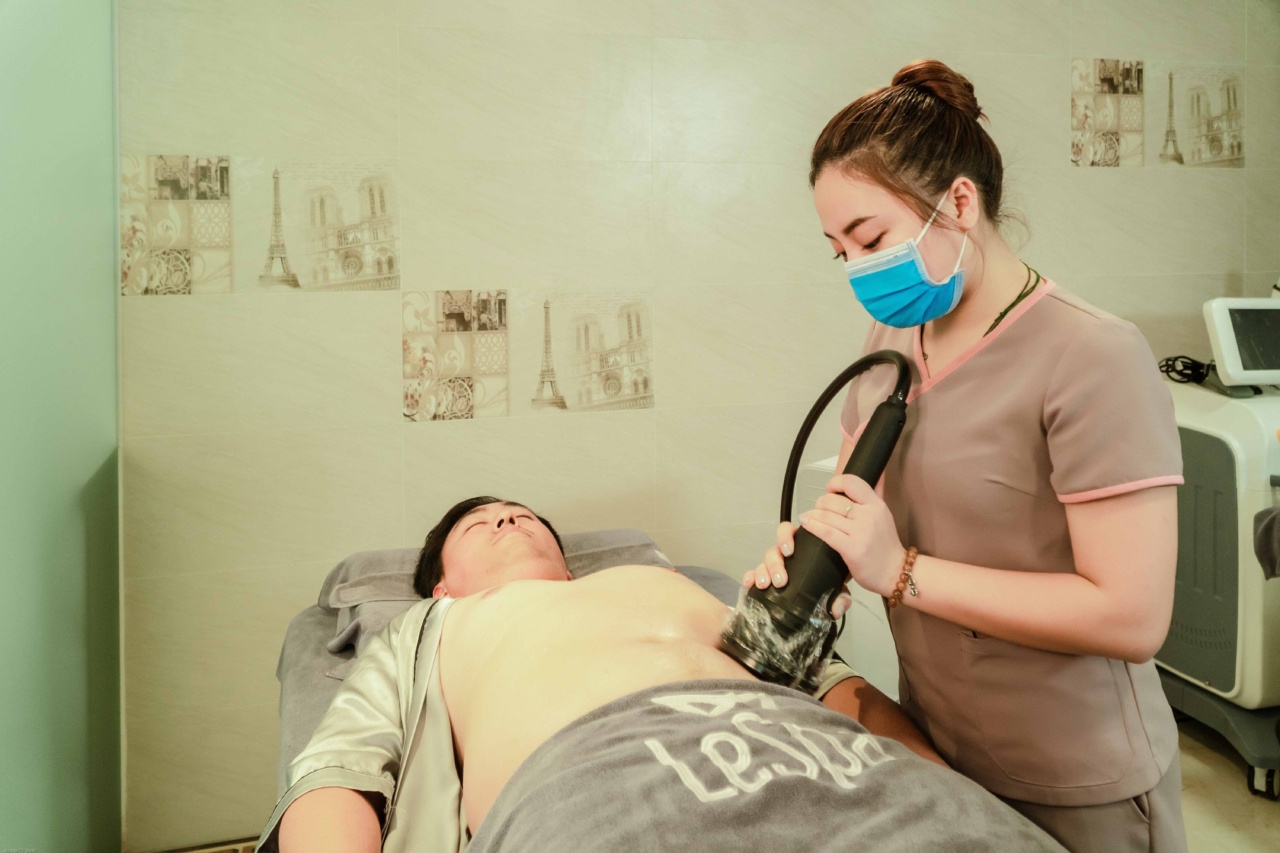Attention-Deficit/Hyperactivity Disorder (ADHD) is a neurodevelopmental disorder that affects both children and adults.
It is characterized by symptoms such as inattention, hyperactivity, and impulsivity that can have a significant impact on an individual’s daily functioning and quality of life. Understanding the symptoms and treatment options for ADHD is crucial in order to provide effective support and intervention for those affected by this condition.
What is ADHD?
ADHD is a condition that affects the brain’s executive functioning skills, which are responsible for organizing, planning, and self-regulation.
Individuals with ADHD typically struggle with maintaining attention, controlling impulsive behaviors, and sitting still.
ADHD is commonly diagnosed in childhood and often persists into adulthood. However, it is important to note that not all individuals with ADHD exhibit the same symptoms or severity. There are three main types of ADHD:.
1. Inattentive Type
This type of ADHD is characterized by difficulty sustaining attention, being easily distracted, and having trouble following instructions or completing tasks.
Individuals with inattentive ADHD often appear “daydreamy” and may struggle with organization and time management.
2. Hyperactive/Impulsive Type
Those with hyperactive/impulsive ADHD exhibit symptoms such as fidgeting, excessive talking, restlessness, and difficulty waiting for their turn. They may also engage in impulsive behaviors without considering the potential consequences.
3. Combined Type
The combined type of ADHD is the most common and involves a combination of both inattentive and hyperactive/impulsive symptoms.
Individuals with this type of ADHD may struggle with a range of challenges related to attention, impulsivity, and hyperactivity.
Common Symptoms of ADHD
While the specific symptoms of ADHD can vary from person to person, some common signs and behaviors include:.
1. Difficulty Paying Attention
Individuals with ADHD often have trouble sustaining focus, particularly on tasks or activities that they find less interesting. They may get easily distracted by external stimuli or their own internal thoughts.
2. Hyperactivity
Hyperactivity is a hallmark symptom of ADHD, particularly in children. It manifests as excessive energy, restlessness, and a constant need to be on-the-go. These individuals may have difficulty sitting still or engaging in sedentary activities.
3. Impulsivity
Impulsivity refers to acting without thinking about the consequences.
It is common for individuals with ADHD to engage in impulsive behaviors such as blurting out answers without raising their hand, interrupting others in conversations, or making impulsive decisions without considering the long-term outcomes.
4. Poor Time Management and Organization Skills
ADHD can significantly impact an individual’s ability to manage time effectively and stay organized. They may struggle with following schedules, meeting deadlines, and maintaining order and structure in their daily lives.
5. Forgetfulness
Forgetfulness is another common symptom of ADHD. Individuals may frequently forget appointments, tasks, or important details. This can have a negative impact on their academic or professional performance, as well as on personal relationships.
ADHD Diagnosis and Treatment
Diagnosing ADHD involves a comprehensive evaluation by a healthcare professional.
This typically includes obtaining a thorough medical and psychological history, conducting interviews with the individual and their caregivers, and using standardized assessment tools.
While there is no cure for ADHD, there are various treatment options available to manage symptoms and improve functioning. These can include:.
1. Medication
Stimulant medications such as methylphenidate and amphetamines are commonly prescribed to help manage ADHD symptoms. They work by increasing the levels of certain neurotransmitters in the brain, which can improve attention and impulse control.
2. Behavioral Therapy
Behavioral therapy, such as Cognitive Behavioral Therapy (CBT), can be highly beneficial for individuals with ADHD. It focuses on teaching skills and strategies to manage symptoms, improve self-control, and develop healthy coping mechanisms.
3. Parent Training and Education
Parent training programs can provide parents with strategies for effectively managing their child’s ADHD symptoms at home and in school.
This may involve implementing structure, setting clear expectations, and using positive reinforcement techniques.
4. Supportive Interventions
Individuals with ADHD may benefit from additional supportive interventions, such as educational accommodations, occupational therapy, or social skills training.
These interventions aim to address specific challenges related to learning, executive functioning, and interpersonal relationships.
Lifestyle Modifications
Aside from formal treatments, certain lifestyle modifications can also help individuals with ADHD manage their symptoms more effectively. These include:.
1. Regular Exercise
Engaging in regular physical activity can help reduce hyperactivity, improve attention span, and enhance overall well-being in individuals with ADHD. Activities such as swimming, biking, or team sports can be especially beneficial.
2. Healthy Diet
Eating a well-balanced diet that includes whole grains, fruits, vegetables, and lean proteins can support brain function and minimize ADHD symptoms. Avoiding excessive sugar, artificial additives, and processed foods is recommended.
3. Adequate Sleep
Sleep plays a crucial role in maintaining optimal brain function. Establishing a consistent sleep routine and ensuring an adequate amount of sleep can help individuals with ADHD manage their symptoms more effectively.
4. Establishing Routines
Creating structured routines can help individuals with ADHD better manage their time, tasks, and responsibilities. This can reduce stress and improve overall organization and productivity.
The Importance of Support and Understanding
Living with ADHD can be challenging, but with the right support and understanding, individuals with this condition can thrive.
It is essential for parents, teachers, and healthcare professionals to provide a supportive and nurturing environment that fosters strengths and addresses individual needs.
By recognizing the symptoms, seeking appropriate diagnosis and treatment, and implementing effective strategies, individuals with ADHD can navigate their daily lives with greater success and fulfillment.



























